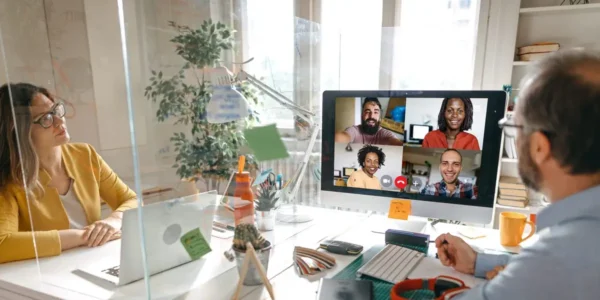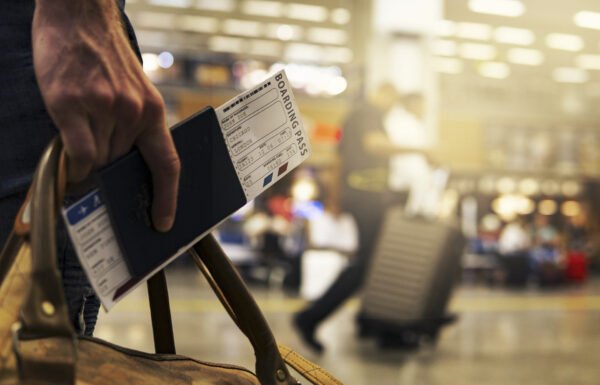
Outnumbered: Robots to Outpopulate Humans by 2048
- Expert predicts earth’s robot population will grow to 9.4Bn in the next thirty years, outnumbering the human population by the year 2048
- Rapid market uptake of technology could see robots overtake humans as early as 2033
- Dr Ian Pearson predicts that robots could become emotionally intelligent by 2028
- Seven in ten Brits (71%) said they fear the rise of artificially intelligent robots in society and nearly six in ten (59%) believe robots are a threat to humanity

There will be more robots than humans on the planet by 2048 according to a leading expert who predicts that the number of robots on earth will rise to 9.4Bn in the next thirty years.
Dr Ian Pearson’s research reveals that a modest growth of 20% per year will see robots outnumber humans before 2050. However, this could be sooner in the event of rapid market uptake in technology, which would see robots overtaking humans as early as 2033.
The research, commissioned by streaming service NOW TV to launch the second season of Westworld, which takes place in a dystopian future and explores the dawn of artificial intelligence, also revealed that robots could become emotionally intelligent by 2028.

A study of 2,000 Brits revealed that seven in ten of us fear the rise of artificially intelligent robots in society and nearly six in ten believe robots are a threat to the future of humanity. More than half of those surveyed believe scientists won’t be able to be control the rise of artificially intelligent robots.
Leading futurologist Dr Ian Pearson said: “Today the global robot population is probably around 57 million. That will grow quickly in the foreseeable future and by 2048 robots will overtake humans. If we allow for likely market acceleration, that could happen as early as 2033. By 2028, some of those robots will already be starting to feel genuine emotions and to respond to us emotionally”.
Emma Quartly, marketing director at NOW TV, added: “Although we are still a long way away from creating artificially intelligent hosts as sophisticated as those in Westworld, the research from Dr Pearson suggests that a world populated by human-like robots might not be as far off as we think. If sentient robots do exist by 2028, let’s hope they’re less prone to revolution than the hosts of Westworld.”
With fears of a robot takeover on the horizon, two-thirds of Brits admit they are worried or afraid about the prospect of robots outnumbering humans. Another two thirds of us would feel worried or afraid living with a human-like robot and almost eight in ten of respondents would be concerned about human-like robots interacting with their children.
In response to what frightens us most about the rise of robots; almost half (43%) of the Brits surveyed are afraid that robots will take control of society, almost four in ten (37%) fear robots could become more intelligent than humans and over a third (34%) worry robots could reduce their chances of getting a new job.
Furthermore, a quarter (25%) of respondents fear they might not be able to tell robots and humans apart and 16% are afraid of the possibility that one day humans could have relationships with robots.
An alarming 40% of those surveyed believe a robot could do their job just as well, if not better than them.
The top 10 industries Brits believe will be dominated by robots:
1. Manufacturing – 72%
2. Automotive/transport – 62%
3. Construction – 43%
4. Agricultural – 36%
5. Administrative – 34%
6. Military – 33%
7. Finance/accountancy – 28%
8. Retail/sales – 28%
9. Healthcare /medical – 25%
10. Marketing/advertising – 21%














































